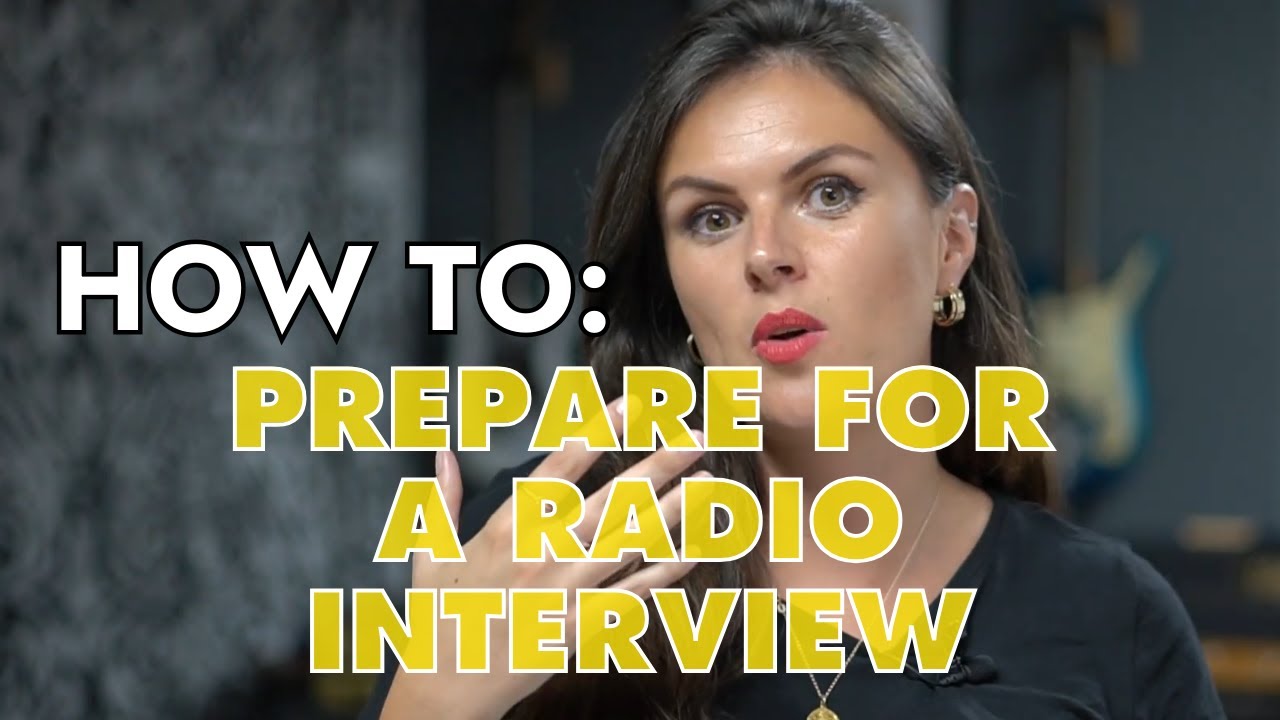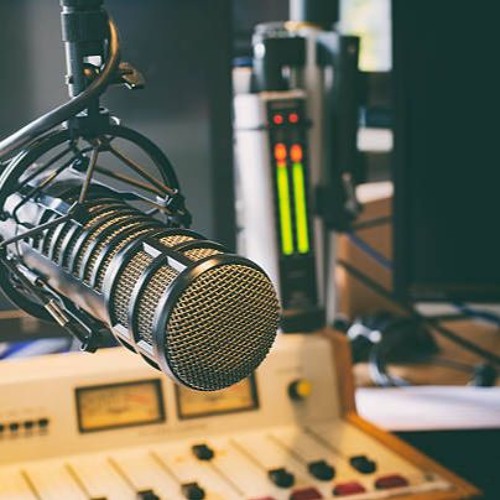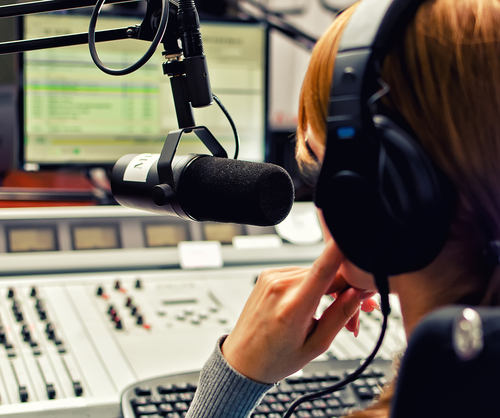In a nutshell, an interview should try to get facts, opinions, or arguments on a certain issue from the interviewee in their own words, so that listeners may make their own perspective.
Know what you want to get out of the interview. The capacity to listen is a crucial attribute of the interviewer.

HOW TO PREPARE FOR A RADIO INTERVIEW | WaterBear - The College of Music
Things May Go Wrong During An Interview
- On the day of the interview, the guest may develop Phronemophobia (fear of thinking). And deflect any questions you throw their way. Or continue to recite the same rehearsed response that is driving you insane.
- Mishaps and equipment failure It is hardly a stroke of ill luck if the electricity goes off for the first time in years and the backup generator fails. Such things do occur.
- Getting a difficult visitor. Someone who is tough-minded. It gets under your skin. It makes you want to rip your hair roots out of your skull. And it leaves you with a gaping mouth like an empty swimming pool.
- The visitor is leaving. It is a potential occupational danger. You say something offensive or go somewhere you should not go.
The most dreadful disaster would be failing to provide your audience with a very enlightening conversation. So, here are some radio interviewtips:
10 Best Tips For A Radio Interview
Research Your Guests
It is critical that you conduct a thorough research about your visitor. Going into the interview, you should have done considerable research on your guest and be quite educated about them. Investigate your visitor online and on social media, read any news, books, blogs, or articles about them or that they authored, and watch any programs, movies, or videos about them that they made or in which they appear.
Also, read, listen to, and watch any prior interviews they've done, and make a note of any questions they've been asked previously. This allows you to ask fresh questions and explore new perspectives on the topics at hand. Your guest does not want to answer the same questions in every interview, and listeners detest hearing the same questions repeatedly, so try to be unique with your questions to promote new replies.
Above all, be certain that you know how topronounce their name correctly and that you have the necessary facts about them to provide in their introduction and in your questions. The last thing you want is to get caught mispronouncing their name or expressing inaccurate facts about them.
Maintain A Schedule And Format
You should inform your visitor about the schedule and structure of your broadcast, including the recording date and time, whether it is life or being recorded for later viewing, the expected length, parts, and so on. You and your visitor should be on the same page about everything, so make sure you explain all of the facts ahead of time. When you've communicated the information, make sure you keep to the timeline and structure.
Create A Pre-Interview Survey
In addition to your own research, a pre-interview survey can help you get to know your guest even better, and it will assist guarantee that you and your visitor are on the same page. Consider sending your guest an email or calling them with a summary of how your broadcast will function and how the interview will proceed, as well as a few questions. These questions may be whatever you want to ask them, as long as it is reasonable.
The pre-interview question also allows you to clarify anything you are confused about from your research, such as how to pronounce their name. The questions not only allow you to learn facts that are likely not public knowledge, but they also allow your guest to see the types of inquiries you ask.
Be Conversational
While the interview is formal, it should have the air of a chat. Allow your guest to talk and allow their responses to steering the conversation. Then you can ask inquiries along those lines. Always be prepared with information and questions, but don't get stuck in a script or try to force a stiff dialogue.
Allow time for the topic to grow. As the interview is taking place, actively listen and then ask questions. Allow your visitor to shine, but keep the conversation on the topic. You don't want to dominate the conversation or interrupt your guest, but you should bring it back on track if it veers too far off-topic.
Begin With Safe Questions
Allow your visitor to become acquainted with speaking on your program by asking them a question about themselves or their profession first. While you may have emailed your visitor a list of questions to help them prepare for the interview, they may still be worried about it. As a result, it's advisable to begin slowly to put your guest at ease.
Test Your Setup Beforehand
You should, like with any broadcast, test your setup beforehand. However, when a visitor is engaged in your recording process, it is much more crucial to test your setup, maybe several times, to ensure everything is exactly right. You don't want to waste your guests' time with technical or audio problems.
To verify your guests' levels, test your setup before they come and again shortly before you start recording. Also, don't forget to keep an eye on your recording throughout to see if anything goes wrong. Aside from checking your equipment, make sure the environment is ready for recording with your visitor and that there are no potential distractions.
Chat With Your Guest Beforehand
Even if you've already provided your guest an overview of your broadcast structure and the interview, remind them of what to expect. If you're filming an interview to air later, this is also a good moment to reassure your guest that you can re-record or edit it if necessary.
If, on the other hand, the program is live, remind them while also reassuring them. Chatting with them for a while helps both of you become used to talking to one other so that it seems natural when you get on the mics. This will assist to put them at ease while also ensuring that you are both on the same page.
Stay In Touch With Your Guest
Although you may be focused on the interview preparation and the interview itself, don't forget that it is critical to contact your guest after the interview. Send an email, a handwritten letter, a phone call, and/or a social media message to thank them for coming to your station, sharing their knowledge and expertise, and taking the time and effort to participate in a dialogue with you.
It's crucial to express your gratitude since it helps develop relationships, which you should constantly strive for. You may even think about sending them a gift.
Prepare Questions Beforehand
As previously said, you should have questions prepared ahead of time. Create open-ended questions and follow-up questions based on your research and pre-interview survey. Your questions should never be yes or no, but rather open, flexible inquiries regarding your guest's experience and competence.
It is also critical that you strive to craft original and unique questions that are both informative and fascinating for everyone engaged. A priority should also be to prepare your guest's bio, introduction, or any other information you will explicitly convey about your guest.
Remember Your Audience
You want your audience to learn something from this interview, so make sure to ask clarifying questions in order to properly understand your guest and therefore assist your audience understand your guest as well. Don't forget to advocate for an interesting, enlightening, and amusing discourse. Although it is all about your visitor, you have the power and capacity to keep things interesting.
Final Thoughts
Although there is a lot to consider, be aware of, and prepare for when it comes to interviews, interviewing is a talent that you can truly master. As an interviewer, you should strive to be professional, prepared, attentive, inviting, alert, adaptable, and involved at all times.
So, if you evaluate all ten of these guidelines and include them into your process for preparing for and performing interviews, you can be confident that you are striving to be the finest radio interviewer possible.
What Makes A Good Interview On Radio?
A clear and succinct message is essential for a successful radio interview since it is more likely to be remembered by the audience. To get your message through, it is critical to communicate facts succinctly. Long-winded responses will muddle your message and lose your listeners' interest.
How Do You End A Radio Interview?
Finish your answer with a declarative statement that finishes on a vocal downtick to signal to the host that you've finished. Yes, you are on the radio. However, listeners will "hear it" if you rise, use well-timed motions, and smile — so grab a phone headset and start gesticulating.

